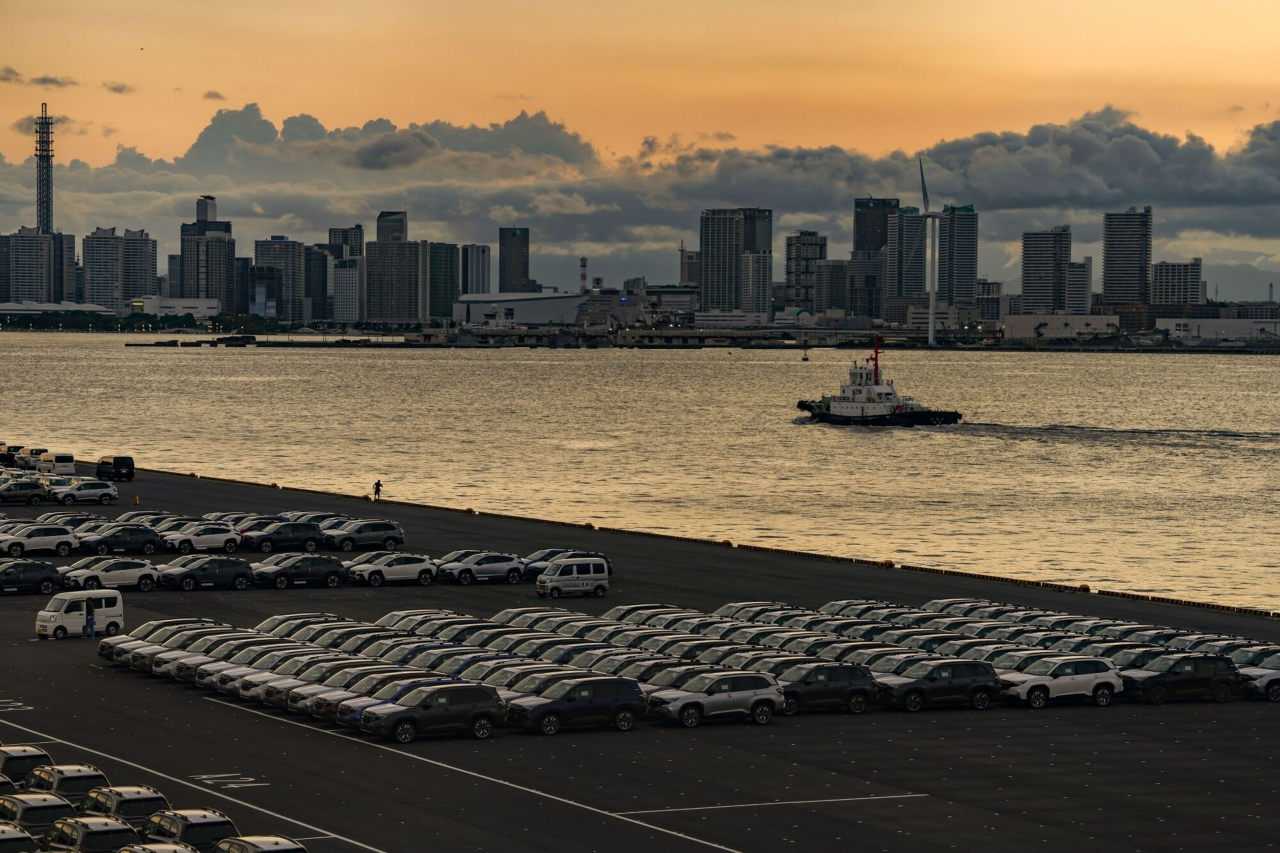
Big news from Washington! President Trump shared on social media Tuesday that the U.S. and Japan have finalized a major trade deal. This agreement changes things up with a new reciprocal tariff rate of 15% for Japan, a welcome shift from the earlier 25% threat he had looming over them.
According to Trump’s post on Truth Social, Japan will invest a whopping $550 billion in the U.S. He highlighted that the U.S. would pocket “90% of the Profits” from this deal, though he didn’t elaborate on what that would look like. As part of the deal, Japan is now set to be more open to U.S. trade, which includes cars, trucks, rice, and other agricultural products.
A crucial detail for Japan’s thriving auto sector is the reduction of tariffs on automobiles from 25% down to 15%. Tokyo’s lead trade negotiator shared this encouraging news, underscoring its importance for the Japanese automotive industry.
Trump characterized the deal during a White House meeting with Republican lawmakers as potentially “the largest trade deal in history.” Moreover, he mentioned that Japan would collaborate on a joint venture for liquefied natural gas exports from Alaska, something the gas industry has been keen on chasing for a long time.
Over in Tokyo, Prime Minister Shigeru Ishiba commented after receiving news of the agreement from his top negotiator, saying the government was fully committed to safeguarding national interests.
According to Ishiba, this trade pact will usher in joint efforts by both nations to create jobs, produce quality goods, and contribute positively on the global stage moving forward.
Ryosei Akazawa, Japan’s chief negotiator, expressed satisfaction by posting “mission accomplished” on X, along with a photo of himself and Ishiba deep in talks with Trump during a G-7 summit back in June.
The new 15% tariff is definitely less daunting than the 25% rate Trump threatened in a recent letter to the Japanese government. Akazawa mentioned that Japan also managed to negotiate the reduction of national security tariffs on automobiles, bringing them down to 15%. However, steel tariffs remain unchanged at 50%.
Automobile tariffs had been a major issue delaying negotiations, showing just how impactful this agreement is for both sides.
On the heels of this news, Japan’s Nikkei Stock Average surged by around 3.2%, while Toyota’s stock climbed 14%, signaling that investors are feeling more optimistic about Japan’s economy, easing fears regarding possible negative fallout. Cars remain one of Japan’s largest exports.
If you want to reach out, contact Gavin Bade at gavin.bade@wsj.com or Megumi Fujikawa at megumi.fujikawa@wsj.com





















